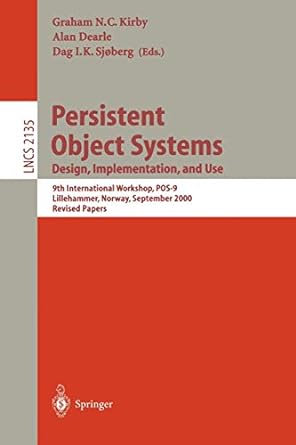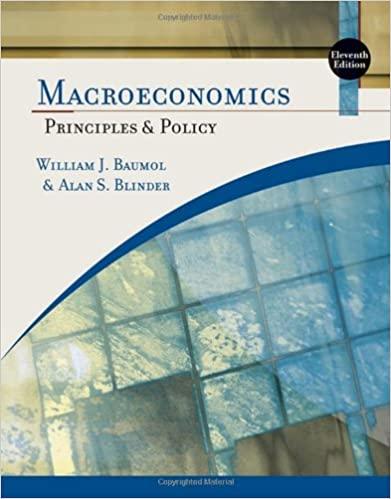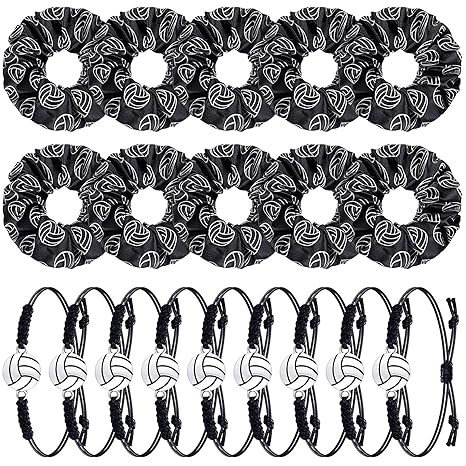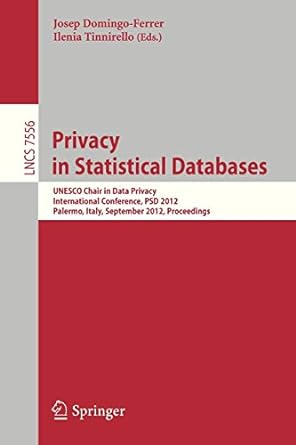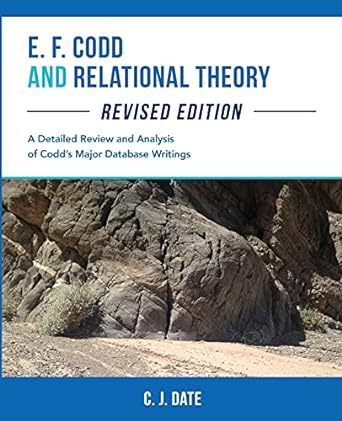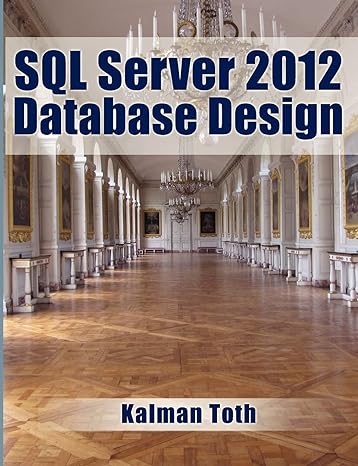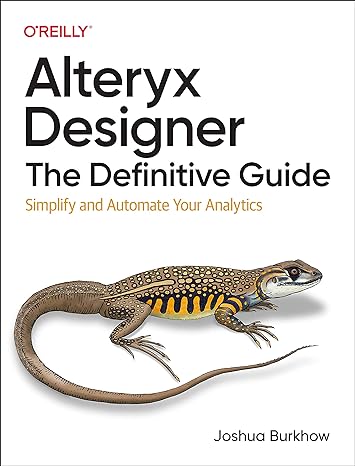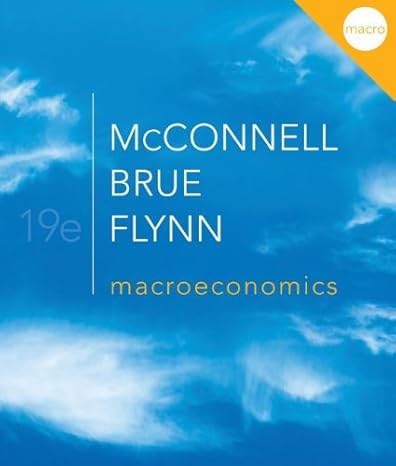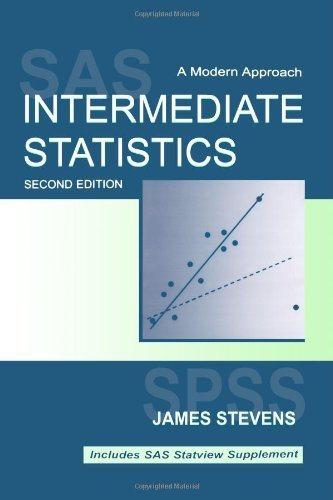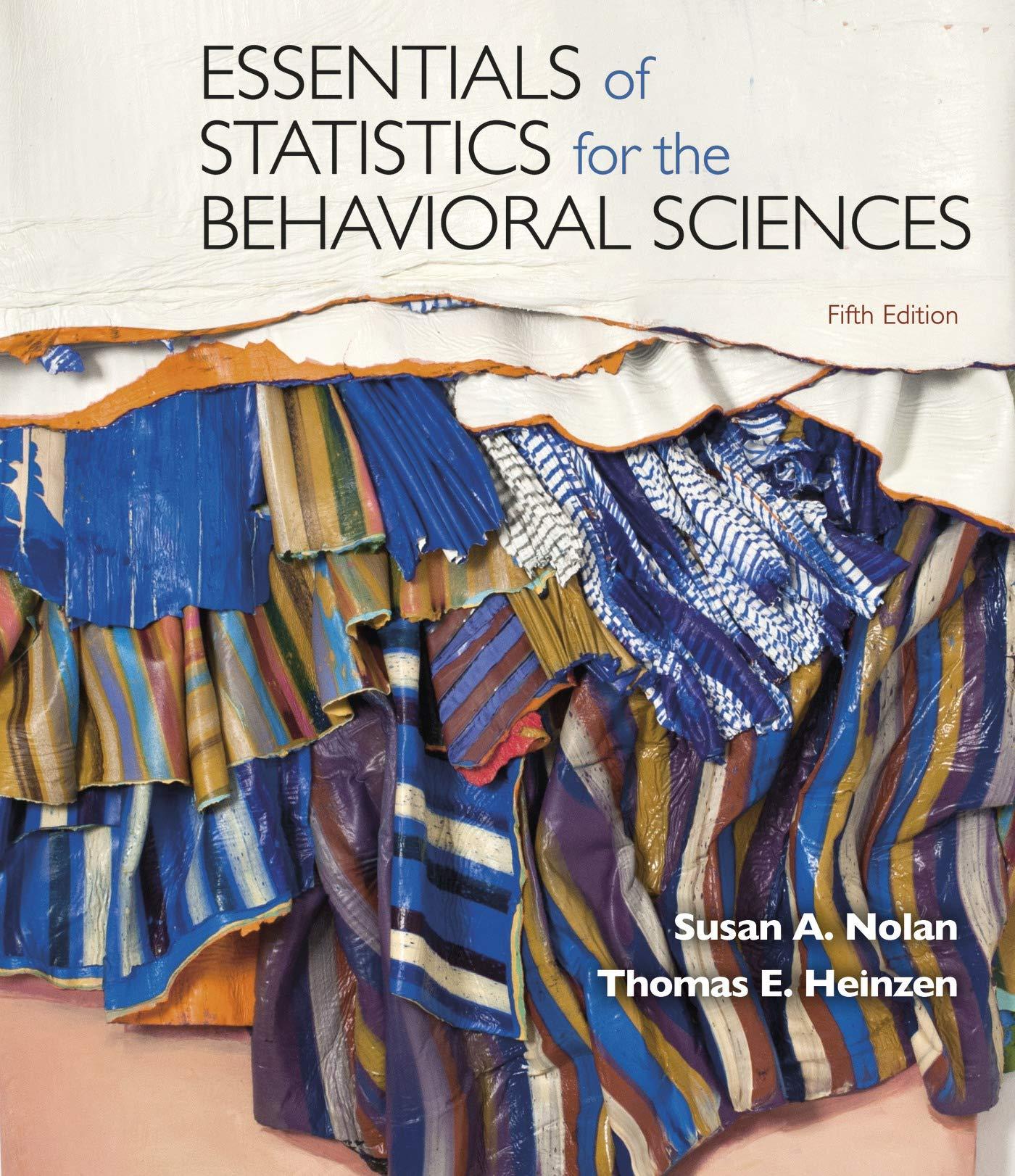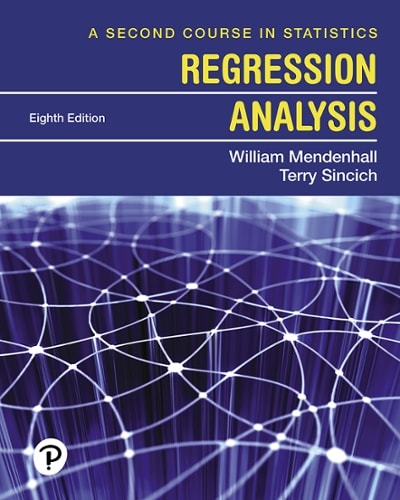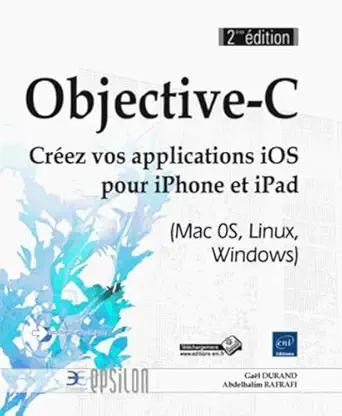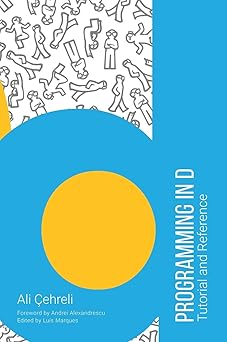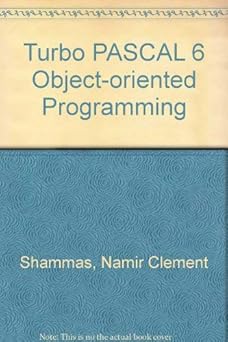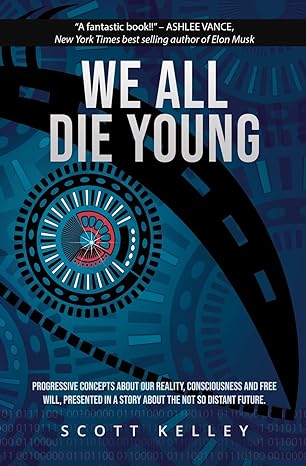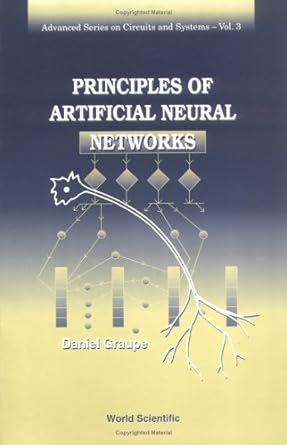Persistent Object Systems Design Implementation And Use 2000(1st Edition)
Authors:
Graham N.C. Kirby ,Alan Dearle ,Dag I.K. Sjoberg
Type:Hardcover/ PaperBack / Loose Leaf
Condition: Used/New
In Stock: 1 Left
Shipment time
Expected shipping within 2 - 3 DaysPopular items with books
Access to 35 Million+ Textbooks solutions
Free ✝
Ask Unlimited Questions from expert
AI-Powered Answers
30 Min Free Tutoring Session
✝ 7 days-trial
Total Price:
$0
List Price: $56.04
Savings: $56.04
(100%)
Solution Manual Includes
Access to 30 Million+ solutions
Ask 50 Questions from expert
AI-Powered Answers
24/7 Tutor Help
Detailed solutions for Persistent Object Systems Design Implementation And Use 2000
Price:
$9.99
/month
Book details
ISBN: 354042735X, 978-3540427353
Book publisher: Springer
Offer Just for You!:
Buy 2 books before the end of January and enter our lucky draw.
Book Price $0 : The Ninth International Workshop on Persistent Object Systems (POS 9) took place at the SAS Radisson Hotel in Lillehammer, Norway, from 6th to 8th September 2000. Previous workshops in the series have been held in Scotland (1 and 2), Australia (3), the USA (4), Italy (5), France (6), and the USA (7 and 8). In keeping with those workshops, POS 9 was short but intensive, fitting 28 papers and panel sessions, a boat 1 excursion, and some memorable meals into two and a half days. The participants’ concentration was no doubt helped by the Northern European weather that prevailed for most of the workshop. Continuing a trend experienced over the previous few workshops, POS 9 had difficulty attracting a high number of papers. Of course it is hard to tell whether this is a problem with the field of persistent systems itself, or merely a consequence of the increasing number of workshops, conferences, and journals competing for submissions. In his Epilogue to the proceedings, Ron Morrison makes some interesting suggestions for possible improvements to future POS workshops. Out of a total of 26 submitted papers, 19 were accepted for presentation at the 2 workshop. Breaking down by region, 6 1/2 came from the USA , 1 from Africa, 3 1/2 from Australia, and 8 from Europe. In a new development for POS, an equal number of papers came from England and from Scotland.
Customers also bought these books
Popular Among Students
Customer Reviews
Trusted feedback from verified buyers
TM
Delivery was considerably fast, and the book I received was in a good condition.


